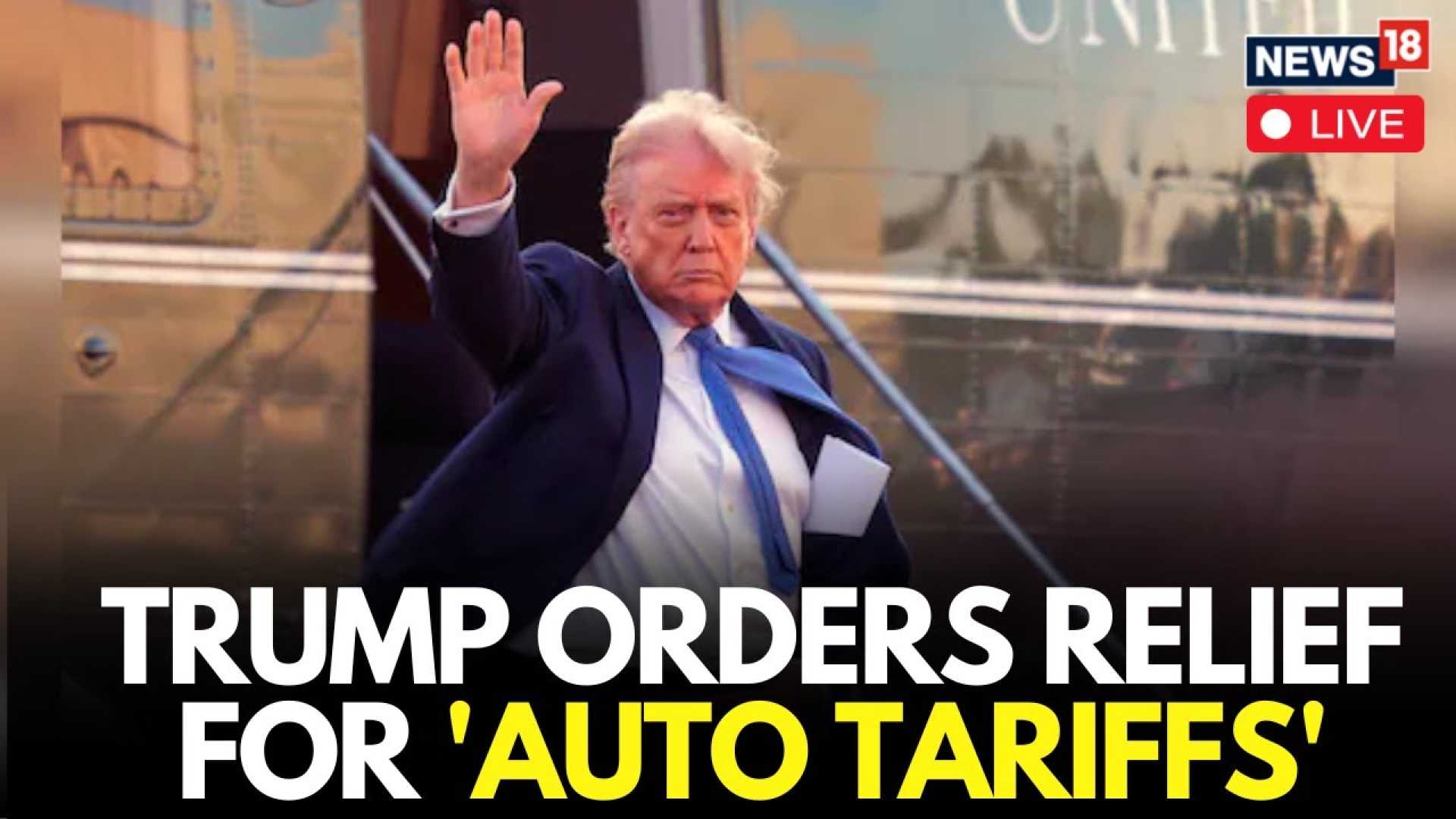Business
Trump Eases Auto Tariffs Amid Investor Concerns and Economic Uncertainty

WASHINGTON, April 29 (Reuters) – U.S. President Donald Trump signed two orders on Tuesday to reduce the impact of his auto tariffs just days before new import taxes on automotive components were set to take effect. The measures were introduced during Trump’s visit to Michigan, a key state for the U.S. auto industry.
The initiatives come as concerns over Trump’s trade policies have increased. His administration’s tariffs, aimed at encouraging domestic production, are facing scrutiny as they threaten to hinder economic growth and lead to higher inflation and unemployment rates. Trump’s plan allows for a temporary relaxation of tariffs on certain components, giving automakers two years to reach greater levels of domestic assembly in their vehicles.
“We just wanted to help them,” Trump said regarding the auto industry before departing for Michigan. “If they can’t get parts, we didn’t want to penalize them.” The new rules will allow imports used in U.S. assembled vehicles to represent 3.75% of the total suggested retail price through April 2026, and 2.5% through April 2027.
Auto industry leaders had intensely lobbied for relief since Trump’s initial announcement of 25% tariffs on imported vehicles and parts, which could disrupt integrated production networks across the U.S., Canada, and Mexico. While the White House confirmed that the recent changes do not affect the overall auto tariffs imposed last month, the vehicle industry is optimistic.
“This provides some relief, but more must be done to turbocharge the U.S. auto industry,” said Autos Drive America, a group representing major foreign automakers.
At the same time, tariffs on vehicles continue to create uncertainties. General Motors, despite reporting robust quarterly sales and profits, chose to delay its annual forecast presentation until after details of the tariff changes were announced.
In other developments, a White House trade official indicated a potential deal with an unnamed foreign nation that could ease reciprocal tariffs imposed by Trump. This has fueled further optimism in the markets, as the S&P 500 Index closed up following the news.
Trump’s administration aims to negotiate multiple trade deals as part of a 90-day moratorium on reciprocal tariffs announced earlier this month, hoping to address the growing U.S. goods trade deficit, which has escalated due to high import volumes. A Reuters poll indicates that many U.S. businesses are struggling to adapt to the ongoing trade turbulence.
“Every single prediction has been proven wrong,” said Yannick Fierling, CEO of Electrolux, highlighting the unpredictability of the current tariff landscape.












